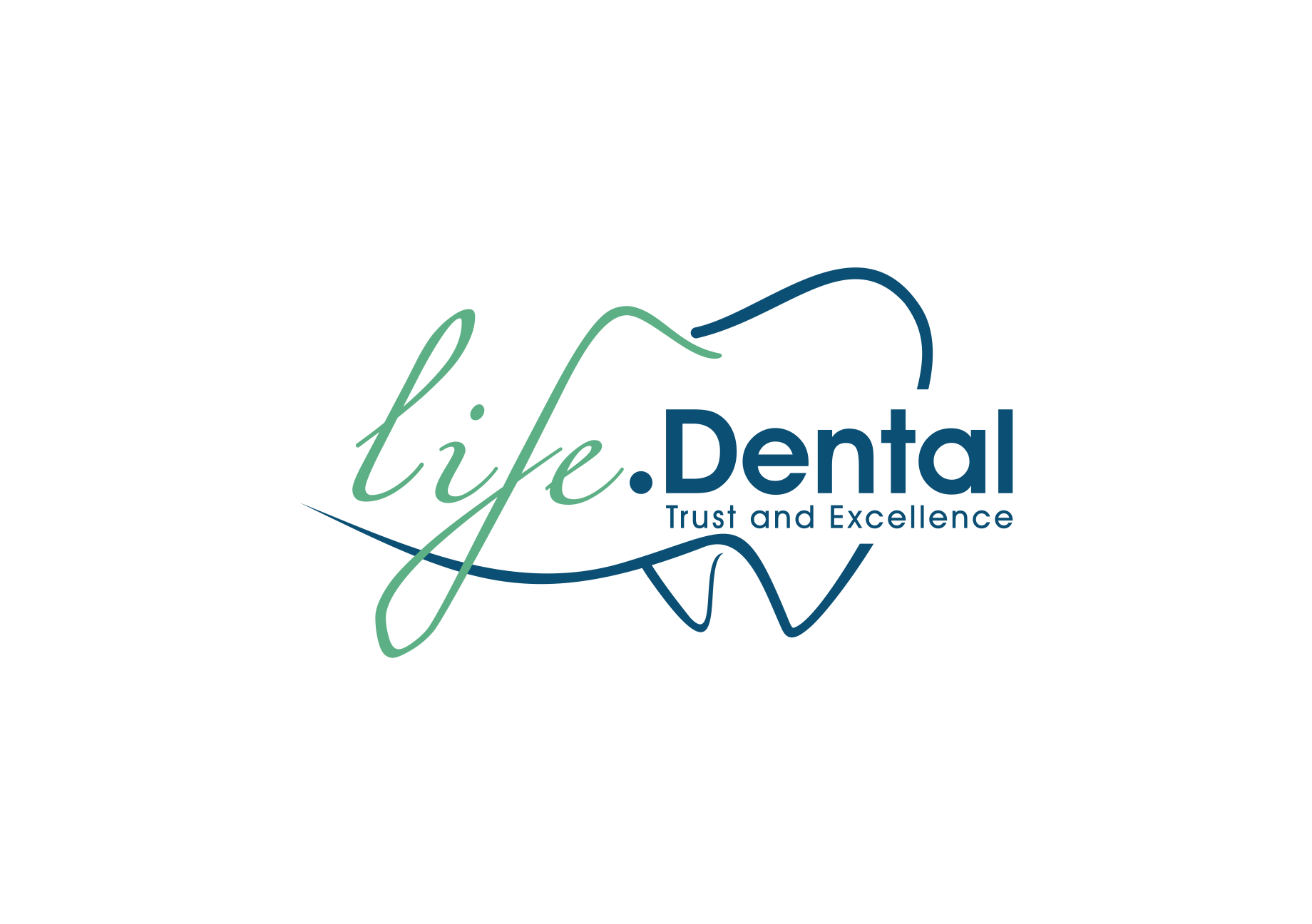Tooth Extraction
Gentle Tooth Extractions—A Path to Better Oral Health
At our practice, we understand that the idea of tooth extraction can feel intimidating. That’s why we offer expert, gentle tooth extractions using the latest technology to ensure your comfort. Whether due to severe decay, infection, or overcrowding, our skilled team is here to help restore your oral health with minimal discomfort. Located near border of Dunwoody and Chamblee ,just outside of Atlanta Perimeter, we’re committed to providing safe and effective extractions in a stress-free environment.
When Is Tooth Extraction Necessary?
There are several common reasons for tooth extraction, ranging from advanced decay to overcrowding. Here are some situations that may require a tooth extraction:
What is Tooth Extraction?
Tooth extraction is a procedure where a tooth is removed from its socket in the jawbone. There are two main types of tooth extractions: Simple extraction (for visible teeth) and surgical extraction (for impacted teeth or those that haven’t fully erupted). Your dentist will recommend the best option based on your specific situation.
Why Tooth Extractions Are Necessary
Tooth extractions may be necessary due to severe decay, infection, trauma, or overcrowding. Removing a tooth can help prevent further complications, such as the spread of infection, and improve your overall oral health. Extractions are often required before orthodontic treatments or when preparing for implants or dentures.
Types of Tooth Extractions
The two main types of extractions are simple and surgical. Simple extractions are performed on visible teeth and are straightforward, while surgical extractions are more complex, often involving teeth that are impacted or broken below the gum line.
Reasons for Tooth Extraction
Tooth extractions are often necessary to maintain or improve your oral health. Here’s why your dentist may recommend an extraction:
Severe Decay or Infection
When tooth decay reaches deep into the tooth and affects the pulp, extraction may be necessary if root canal therapy cannot save the tooth. Infections caused by bacteria in the tooth can also spread to other areas if left untreated.
Gum Disease
Advanced gum disease can weaken the support structures of the teeth, leading to loose or damaged teeth. In such cases, extraction may be necessary to prevent further damage to your oral health.
Impacted Wisdom Teeth
Wisdom teeth often become impacted, meaning they are unable to fully erupt through the gums. Impacted teeth can lead to pain, infections, and misalignment of other teeth, often requiring extraction.
Overcrowding
For patients preparing for orthodontic treatment, tooth extraction may be necessary to make room for other teeth to align properly. Extracting one or more teeth can create the space needed for braces or aligners to work effectively.
The Tooth Extraction Process: What to Expect
- Consultation and X-rays: Your dentist will first evaluate your oral health and take X-rays to assess the condition of the tooth and surrounding bone. This helps in planning the procedure.
- Local Anesthesia: Before extraction, local anesthesia will be administered to numb the area around the tooth, ensuring that you feel no pain during the procedure. For more complex cases, sedation may be offered.
- Simple Extraction: The dentist will use an instrument called an elevator to loosen the tooth before removing it with forceps.
- Surgical Extraction: For surgical extractions, an incision may be made in the gum, and the tooth may need to be sectioned for easier removal.
Post-Extraction Care and Recovery
After a tooth extraction, it’s crucial to follow proper aftercare instructions to ensure quick healing and to prevent complications like infection or dry socket.
Pain Management After Extraction
Post-extraction discomfort is normal and can typically be managed with over-the-counter pain relievers such as ibuprofen. Your dentist may prescribe stronger pain relief for more complex extractions.
Caring for the Extraction Site
For the first 24 hours after extraction, it’s important to rest and avoid disturbing the extraction site. Follow your dentist’s instructions, which may include gently rinsing with warm salt water, avoiding straws, and eating soft foods.
Watch for Signs of Dry Socket
Dry socket is a condition where the blood clot at the extraction site becomes dislodged, exposing the bone. This can cause severe pain and delay healing. Avoid smoking and using straws to reduce the risk of dry socket.
Tooth Replacement Options After Extraction
Replacing a missing tooth is crucial to maintaining your smile, bite, and oral health. Here are the most common options available:
Replacing Extracted Teeth
It’s important to consider tooth replacement options after extraction to prevent shifting of nearby teeth, bite misalignment, and bone loss. Options include dental implants, fixed bridges, and partial dentures.
Dental Implants
Dental implants are a long-term solution that involves placing a titanium post in the jawbone to support a natural-looking crown. Implants not only restore function but also help maintain the bone structure.
Fixed Bridges
A dental bridge involves placing a false tooth between two crowns on adjacent teeth. It is a durable and aesthetic option for replacing missing teeth, but it does not offer the bone preservation benefits of an implant.
Patient testimonials
Discover what patients have to say about their experiences working with us.
"The staff was friendly, knowledgeable and caring. They always had a smile to share. Dr Ketan was very professional and patient with me."
Jim
"Excellent coordination from staff and removal of wisdom tooth from Dr.Ken. Highly recommend this dental practice to anyone"
Paul
" Dr. Ketan and staff are very professional and competent! This is patient centered dentistry. I am pleased with the work they did in making a crown for a front tooth."
Diane
